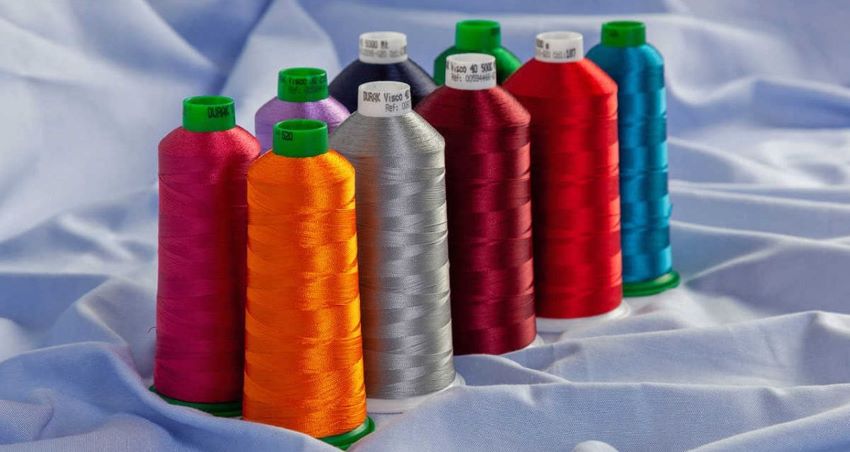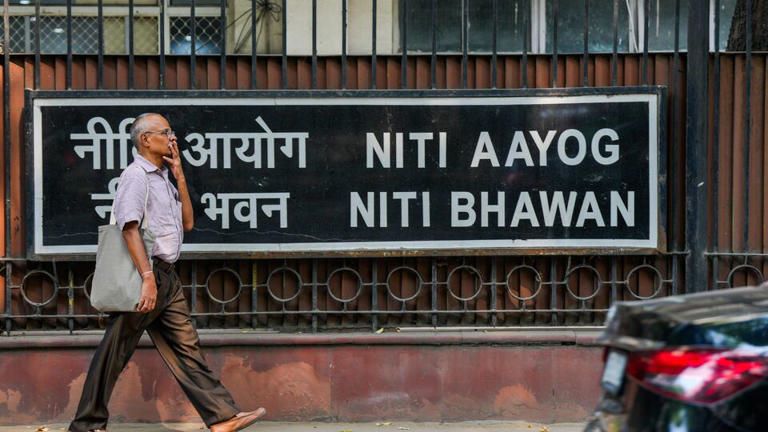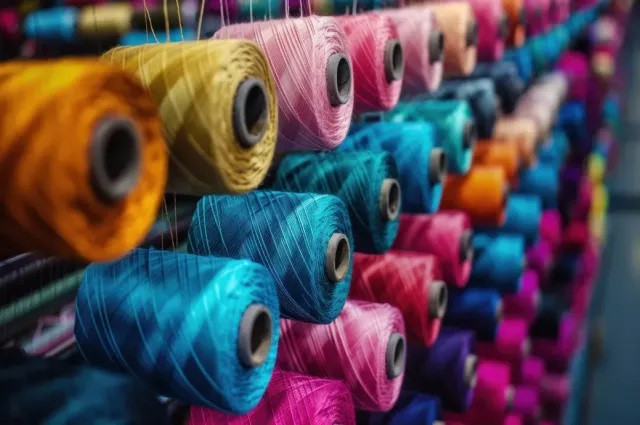At its 45th Annual General Meeting (AGM) held on Sep 29, 2024 at the GKS Cotton Chambers, the Indian Cotton Federation (ICF), formerly known as the South India Cotton Association, urged the Union Government to remove the import duty on cotton. ICF opined, this move will help ensure the growth and competitiveness of the Indian textile industry on the global stage.
During the AGM, J. Thulasidharan, who was re-elected as the President for the 2024-25 term, addressed the challenges faced by the cotton and textile industry. He noted, the past financial year was particularly difficult for the industry due to a significant decline in textile demand. However, cotton yield for 2024-25 is likely to surpass the last season’s output to around 330 lakh bales, he predicted.
Thulasidharan attributed this optimistic forecast to government initiatives, including subsidies and an increased Minimum Support Price (MSP), which have encouraged farmers to focus on improving yield quality and reducing contamination.
However, despite the positive forecast, Thulasidharan raised concerns about the high price of raw cotton in India, which exceeds global prices due to the import duty on cotton. He urged the government to find a solution that would benefit both the industry and farmers, emphasising that securing raw materials at competitive prices and access to affordable financing are essential for the industry's growth.
Thulasidharan also referenced a July meeting of the Textile Advisory Group (TAG), attended by Nishanth Asher, Honorary Secretary, ICF, during which Union Textile Minister Giriraj Singh promised to address key industry concerns. The minister pledged to introduce a new strain of BT cotton to boost yield and work toward achieving price parity with global cotton markets.
Echoing the importance of addressing the challenges facing the industry, Asher emphasised on the need for policy reforms, particularly the removal of the cotton import duty, which has made Indian cotton more expensive than its international counterparts. He explained, eliminating the import duty would level the playing field for India's textile and spinning sectors, enabling them to compete more effectively on the global stage.
Asher also highlighted the growing importance of sustainability in the cotton industry by reiterating ICF’s commitment to continue engaging with policymakers to resolve issues such as price volatility, supply chain disruptions, and trade barriers.
Asher also reaffirmed ICF’s commitment to advocate for policies that support both the industry and farmers. The Federation would also help the Indian textile industry increase its exports, with the aim of reaching $100 billion by 2030, he added.












